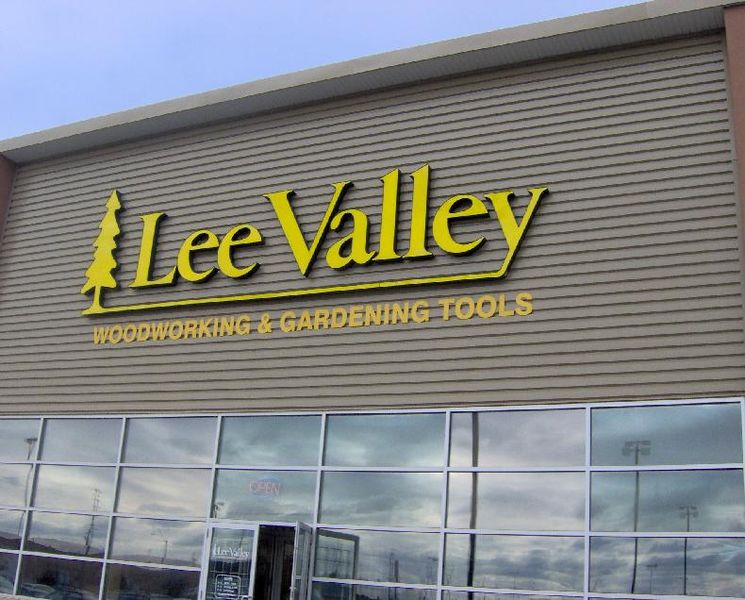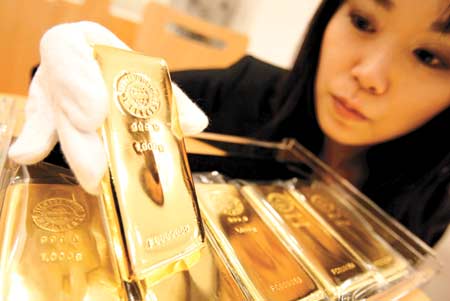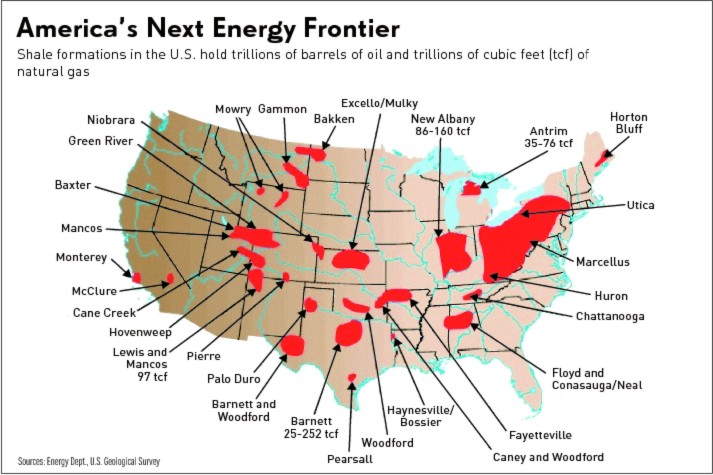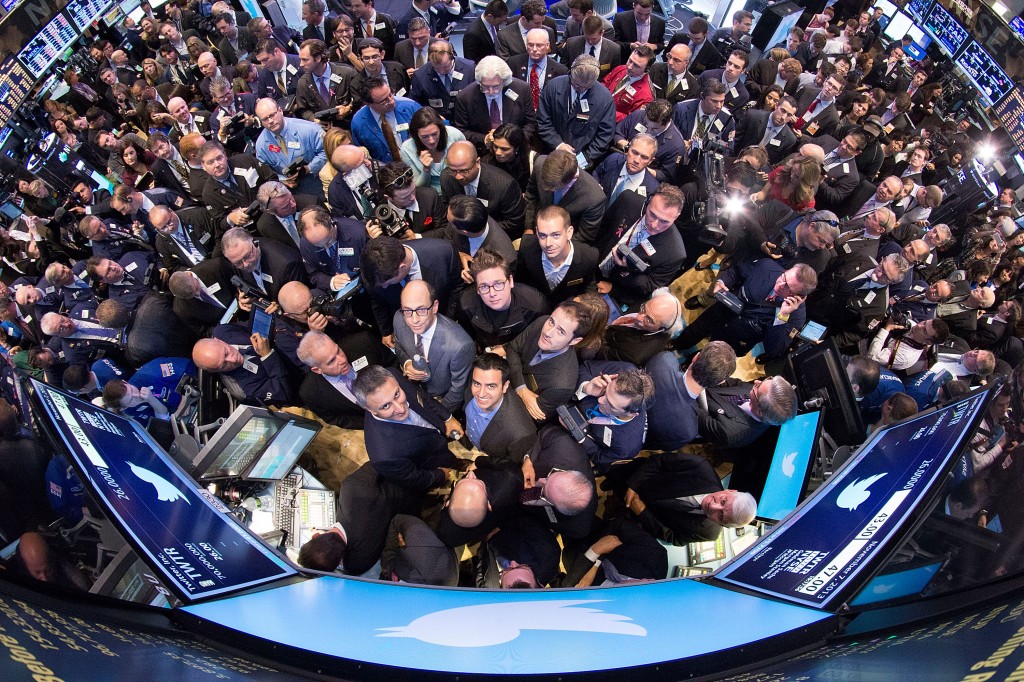How one company levels the pay slope of executives and workers
As executive pay soars way above what the middle-class earn by over 100 times, Leonard Lee, the founder of Lee Valley Tools, has ensured that his highest paid workers never make more than 10 times the pay of the lowest paid worker. Last year, the ratio of pay in Canada’s largest companies was 122-to-one, up from 84-to-one a decade earlier. Lee notes that along with his form of pay distribution and distributing a quarter of pre-tax profits to its staff, “you get tremendous loyalty from employees if they enjoy their work and they are participating in the income and they have the authority that they need to execute their job.” His flatter pay structure has been noted to pay off in better worker retention and a more engaged staff. However, although this pay structure may seem back the true Canadian value of equal opportunity of all, I believe that it is not a realistic approach for many large corporations who need to meet quarterly targets. This pay structure is much easier for family run businesses who don’t have shareholders and analysts pressuring the company to keep labour costs down. 




